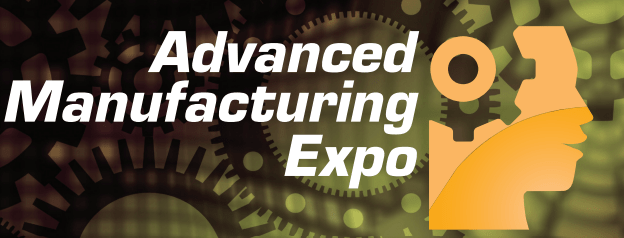Manufacturing ERP systems provide multiple quality management tools that discrete and process manufacturers can use to optimize their processes and deliver high-quality products at competitive price levels. The quality modules included in most ERP packages are fully configurable, allowing users to implement quality control functionality in flexible ways, by simply enabling or disabling a wide variety of features and parameters.
Do you wonder how an ERP system can help with product quality management? If yes, below are five ways you can use such a system to improve the quality of your products.
- Address variations: Manufacturing variations, ranging from ingredient, recipe, and formula to temperature, humidity, ventilation, and pressure variations, can greatly affect product quality. Not only ERP systems allow manufacturers to monitor and keep variations within definite limits, they also facilitate real-time equipment monitoring, machinery analysis, and remote data acquisition to ensure the best quality possible. By configuring ERP systems to track all variations, send alerts before deviations exceed preset values, and automatically take certain corrective actions, you can expect to manufacture higher quality products over time.
- Plan: Product quality starts with a plan. Using a manufacturing ERP solution to develop a quality plan will ensure that all of your employees will follow the same route, from raw material procurement throughout production to delivery. Additionally, new ERP features and functions have been developed to block inventory during and after the planning phase, allowing you to reserve the resources required (e.g. materials, documents, sampling, instruments, areas, etc.) and prevent the use of non-approved inventory. Manufacturers can also include in their plans various requirements, ranging from certificates of conformance, product specifications, employee IDs, and transaction IDs to other details essential to achieve a certain quality level.
- Ensure data accuracy: Manufacturing high-quality products consistently is impossible without timely, accurate, and complete ERP data. Since end products reflect any quality issues that may arise during the manufacturing process, capturing and synchronizing information as accurately as possible, while new data is added, is critical to ensure that you’re regularly meeting certain quality criteria and regulatory standards. Thanks to advanced ERP systems, collecting and accessing accurate, sufficient information is no longer a challenge for manufacturers.
- Manage documents: When it comes to product quality, document management is another important aspect. Manufacturing ERP packages allows users to attach files to projects and reports. For instance, a manager will be able to attach PDFs, Word documents, Excel reports, PowerPoint presentations, images, and other documents to projects and work orders to offer more insight into product specifications, bills of materials, recipes, formulas, inventory, etc. Since data accuracy has a significant influence on operating efficiency, having a system that allows you manage documents efficiently and maintains data integrity when transferring information between applications can help you improve the quality of your products.
- Test: ERP systems can also be used to define quality guidelines, predefine tests for materials and finished products, create quality orders that specify the tests that must be performed for particular products, record multiple test results and then compare them against predefined values. When managing nonconforming materials or products, manufacturers can create nonconformance reports and orders, include explanatory notes, link nonconformance orders to each other to identify and explore interconnections between quality issues, and estimate additional costs resulting from nonconformances. In addition, the top ERP solutions enable companies to track issues back to their origins, select the best solutions to problems, manage turnaround times for nonconforming products, connect test results to adequate preventive or corrective actions, and even schedule automated tasks to correct certain problems.
Identifying items with quality problems is essential for a company preoccupied with improving product quality. But more important than this is to determine and understand the underlying sources of quality issues. The fact that most manufacturing ERP systems give manufacturers access to critical information relating to the sources of quality problems, allowing them not only to determine whether a nonconformance was due to wrong work order number, poor-quality materials, defect codes, or wrong recipes or formulas but also to prevent future recurrences, is what makes these software solutions truly valuable.






